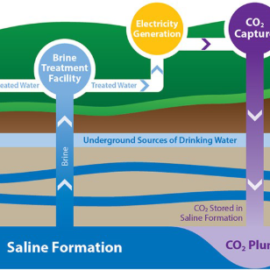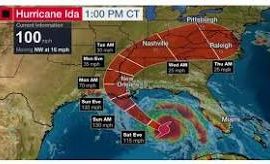
An LSU audit aimed at measuring how completely Louisiana’s cancer incidence database has counted new cancer cases around a controversial manufacturer in St. John the Baptist Parish concludes that the Louisiana Tumor Registry appears to have found all “reportable” cases between 2009 and 2018. But the new LSU School of Public Health report, released Monday, is unlikely to settle to residents’ satisfaction the question of whether the Denka Performance Elastomers plant in Reserve poses a grave cancer risk. In fact, the report takes pains to say that its findings draw no conclusions about whether the Denka plant, and the chloroprene it emits, are a cause of any of the cancers recorded in the tumor registry — or any other health effects. “This report in no way implies that there are no health effects from long-term exposure to chloroprene,” the report says. The chemical is used in the manufacture of neoprene, which is a rubbery material used for a variety of commercial and household purposes. Since 2010, neoprene been designated a “likely carcinogen” by the U.S. Environmental Protection Agency.
nola.comhttps://www.theadvocate.com/baton_rouge/news/article_8ed5b334-7aa1-11eb-88b6-4be749a395f7.html
The LSU Survey contacted 1,821 homes around the Denka plant after there were charges that there was limited data. Other studies showed that within 1.5 miles of the facility there was an elevated cancer rate. The LSU data is not recorded by location.
Dr. John Trapido, professor and associate dean for research at LSU Health New Orleans School of Public Health, said that the Louisiana Tumor Registry “is not the right entity to answer” the questions raised by residents concerned about Denka’ emissions. “The LTR is an exceptional resource for learning about types of cancer, their frequency, the rates at which they occur, the distribution of cases, information on cancer stage and pathology, cancer treatment, and cancer survival, but it does not contain information on what may have caused the cancers,” he said in a statement. “The registry does not collect data on possible contributing factors or environmental conditions to which persons with cancer may have been exposed. That is the purview of other entities and scientists.”
The rest of the article gets into the way the study was conducted and what data was or was not used. My question is that if the cancers do exist, and the study found 50 cases, why is there no way of attributing the chemicals?



